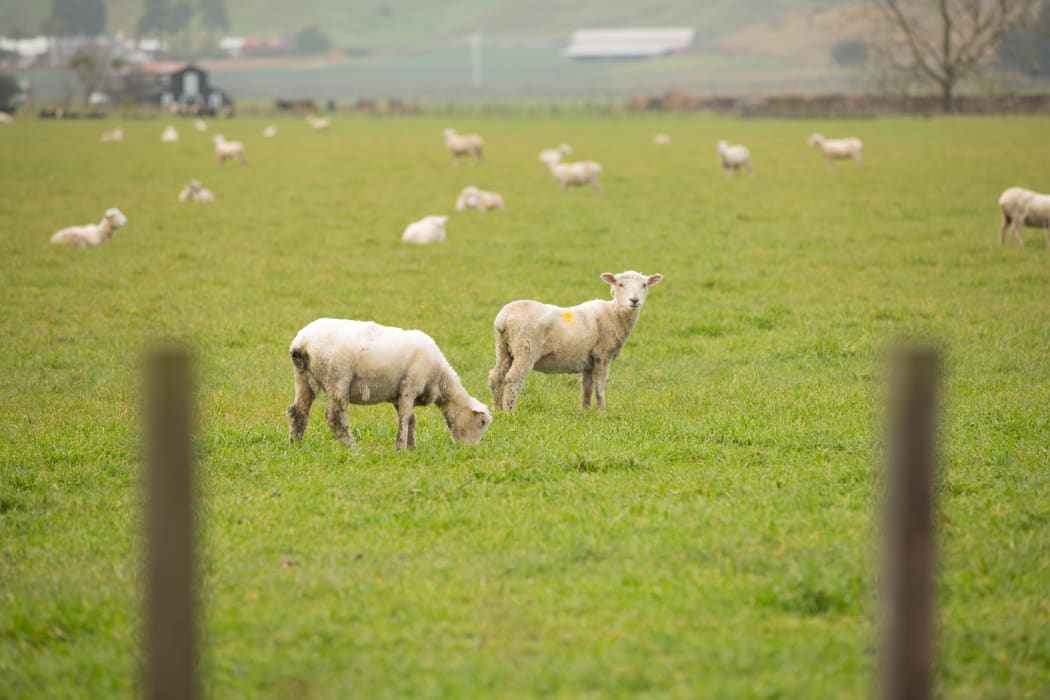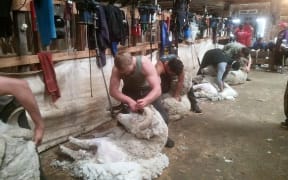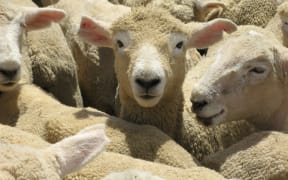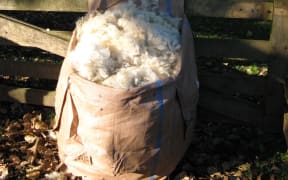A fall in sheep numbers is unsurprising and reflects the challenges farmers have faced in the last two years, Beef and Lamb New Zealand says.

The fall in sheep numbers is unsurprising, Beef and Lamb New Zealand says. Photo: RNZ / Cole Eastham-Farrelly
Figures from Statistics New Zealand show sheep numbers in 2016 fell to 27.6 million, the number of deer dropped by 7 percent to 835,000, and the dairy cattle herd rose 2 percent to 6.6m.
Sheep numbers have been steadily declining for years. In 1982 there was a historic high of over 70m sheep, this dropped to 40m in 2006, and in the past 10 years sheep numbers have fallen by 30 percent.
Beef and Lamb New Zealand's chief executive, Sam McIvor, said the fall in sheep numbers was unsurprising and reflected the challenges farmers faced two years ago which drove them to cull stock.
"Two key things. Widespread drought on the East Coast, and some of those dry conditions went into the West Coast as well.
"The second thing is we had a severe bout of facial eczema through the North Island and that went into the upper South Island as well."
Mr McIvor said farmers focused on being able to feed and retain capital stock numbers, so many of the flexible stock classes were off loaded.
However, this was turning around, he said.
"We're at a phase now that farmers, given they've got feed back in the system, are starting to rebuild numbers again... we're seeing that reflected particularly in our hoggart numbers being retained this Autumn."
Whether or not the national flock increases by much is dependent on confidence in markets and availability of stock, Mr McIvor said.
"What we're seeing at the moment is very strong confidence in the beef market - a little less in the sheep market, the sheep meat market is strong but the wool market a bit weaker."
The combination of those revenues streams was holding back confidence in sheep farming, he said.
However, one upside was that getting into sheep was a cheaper option than getting into cattle - and that was helping drive some of the rebuilding in sheep numbers.





